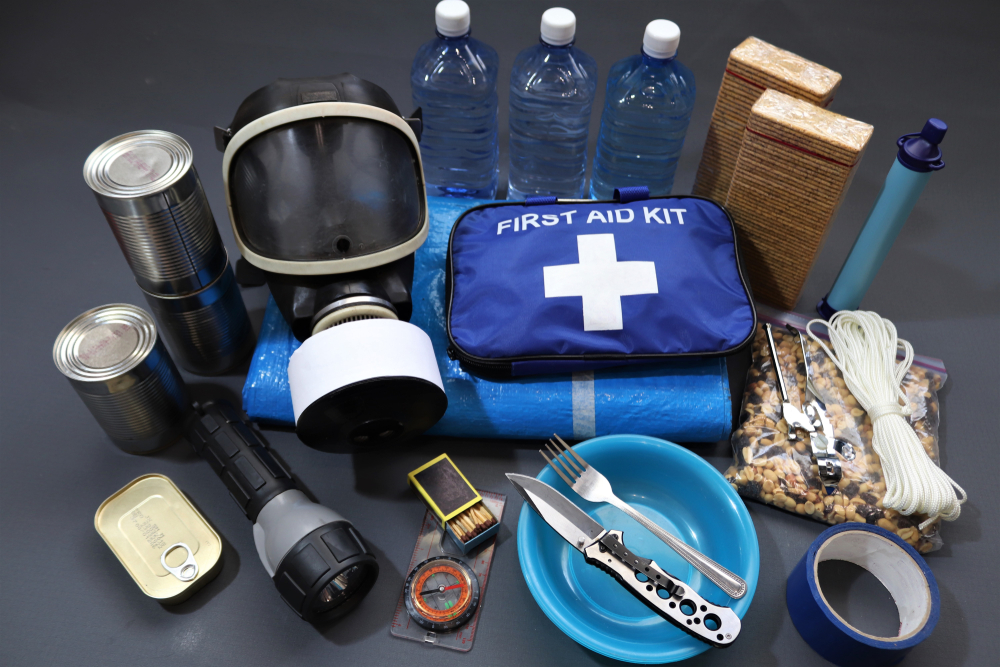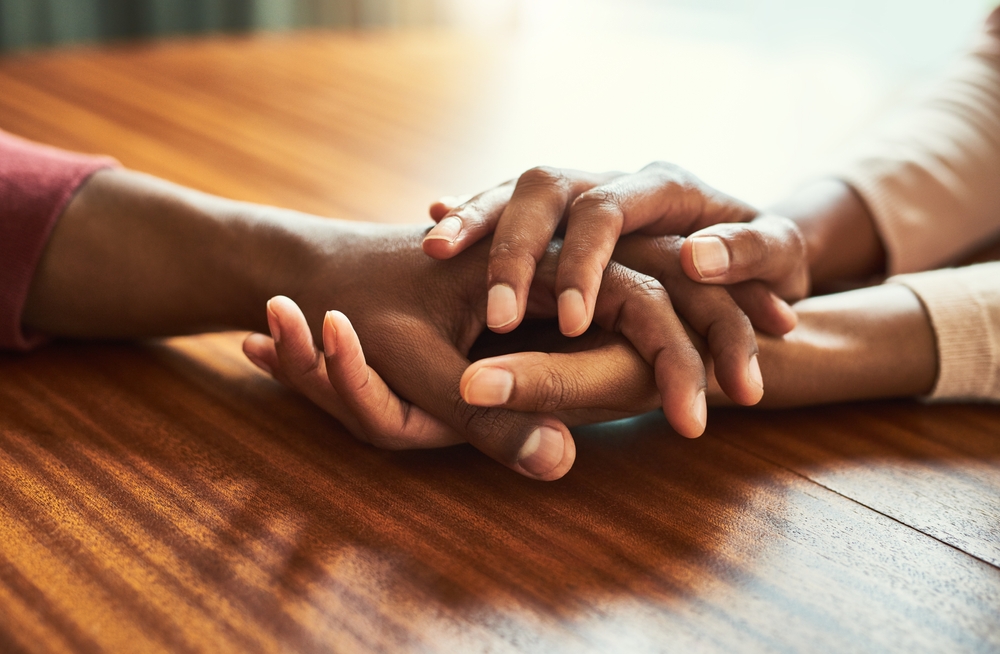For people without close family to rely on, life often feels like a one-person survival mission. While others can pick up the phone to call a parent, sibling, or cousin when life turns upside down, these individuals have to be their own support system. The absence of close family can be the result of many factors including estrangement, death, neglect, geographic distance, or even personal choice. Whatever the cause, the impact is profound and far-reaching. People in this situation tend to develop specific behaviors that help them cope with their unique circumstances. These behaviors are often rooted in survival instincts, and they reveal just how resilient someone can be when left to manage life alone. Society tends to overlook people with no family support, assuming everyone has a backup plan. But for millions, family is not a source of comfort, it is simply not part of the equation. This article sheds light on how these individuals adapt and why their behaviors deserve understanding rather than judgment.
They Rely Heavily on Chosen Support Systems

When family ties are broken or never existed in the first place, people seek out emotional and practical support elsewhere. Friends become confidants, roommates become siblings, and even neighbors or online communities can take on the role of emotional anchors. These chosen support systems are not a backup plan, they are the main plan. People without family often put great effort into nurturing these bonds, knowing that their emotional well-being depends on them. This makes their relationships highly intentional and deeply personal. They show up for others because they want others to show up for them too. In workplaces, they may become known as the most reliable team member. In friendships, they often play the role of listener, helper, or advisor. Their chosen family is not built overnight, it grows slowly through shared experiences, trust, and consistency. And because they know how fragile support can be, they tend to invest in these relationships with care and commitment.
They Often Avoid Asking for Help

For people with no family to fall back on, asking for help does not come easily. They are used to handling problems on their own because they have had no other option. Over time, this self-reliance becomes part of their identity. When others offer support, they may instinctively say no, not because they do not need help, but because receiving it feels unfamiliar. There is also the fear of being seen as weak, incapable, or dependent. Even in medical emergencies or financial hardship, they may avoid reaching out to anyone. They have grown accustomed to solving problems solo, whether that means working extra shifts, moving house alone, or managing illness without a caregiver. This behavior is not rooted in ego, it is a conditioned response to living without reliable family assistance. They are survivors, and survival has meant not expecting anyone else to catch them when they fall.
Read More: Brain Teaser: Can You Post The Mistake in This Family’s Dining Table Picture in 10 Seconds Or Less?
They Prepare for Worst-Case Scenarios

Planning for disaster is second nature for people without family. They know no one is coming to bail them out if things go wrong. This awareness leads them to create backup plans for nearly every situation. They are more likely to have detailed emergency contacts, advance directives, life insurance, savings accounts, and even pre-written letters in case something happens to them. Some keep personal information meticulously organized in labeled folders or cloud storage, accessible to a friend or legal contact. They may carry power banks, backup medications, or even extra keys everywhere they go. This kind of hyper-preparedness is not anxiety-driven in the clinical sense, it is simply realistic when no family is available to help in a crisis. The need to be self-sufficient pushes them to anticipate and prepare for every possibility, and in doing so, they create a sense of safety they cannot outsource.
They Struggle During Holidays and Milestones

Family-focused celebrations like Thanksgiving, Christmas, birthdays, and weddings can be painful reminders of what is missing. While others look forward to flying home or being with loved ones, people with no close family may find themselves dreading these occasions. They may feel out of place at social events where everyone brings a sibling or parent. Graduations, births, and major life changes can feel bittersweet when there is no one to share them with. Many create their own holiday rituals or find comfort in celebrating with friends, but the emotional gap remains. They may volunteer on holidays to stay busy or travel solo to escape reminders of family-centered traditions. These times can stir grief, even if that grief is rooted in something abstract like the idea of the family they never had. The emotional labor of pretending not to care can also take a toll. Even those who appear upbeat during these seasons are often masking deep feelings of exclusion.
They Are Often the First to Offer Help

Paradoxically, people with no family are often the most generous when others are in need. Their experiences have taught them how painful loneliness can be, so they go out of their way to make sure others do not feel the same. They are often the friend who shows up at 3 a.m., the coworker who covers a shift, or the neighbor who checks in during hard times. Their empathy runs deep, and they use it to connect with others meaningfully. They may also be drawn to caregiving professions such as nursing, teaching, or social work, where they can channel their desire to support others. This instinct to help is not performative, it is grounded in lived experience. They understand the value of showing up because they know what it feels like when no one does. They often become honorary family members to many people, stepping into roles that others take for granted.
They Prioritize Stability and Self-Sufficiency

When you cannot count on a family safety net, every choice you make has to be more measured. People in this situation often focus on building a stable foundation in life, because chaos can have more severe consequences when you have no one to call for help. They may choose careers that offer long-term security over passion-driven paths. They might live below their means, maintain excellent credit, and avoid unnecessary debt. Having a reliable home, dependable transportation, and a steady source of income are not just goals, they are lifelines. Their need for structure and order comes from the awareness that there are no backup options. They cannot afford to be reckless, and this awareness drives many of their decisions. Even in relationships, they often seek emotionally mature and consistent partners, because instability in their personal life can feel especially threatening without family around to soften the impact.
They Feel Pressure to Succeed Alone

People with no close family often feel like they are carrying the weight of their entire future by themselves. There is no fallback, no one to share bills with, and no family member to remind them that failure is not the end of the world. Every success, every milestone, and every setback is experienced in isolation. This can create an intense internal pressure to achieve, not just for pride, but for survival. Some channel this pressure into hard work and personal discipline. Others may suffer quietly with anxiety or imposter syndrome. Without family encouragement, they may doubt themselves even when they are thriving. They often question their accomplishments because there is no one around to affirm or reflect their value back to them. This self-contained drive can produce success, but it also makes rest, celebration, and emotional balance harder to reach.
They Build Deep Emotional Intelligence

Being on your own forces you to pay closer attention to emotional cues, both in yourself and others. People without family develop emotional intelligence as a survival tool. They learn to observe, intuit, and respond with empathy in social situations. This skill helps them build trust and connection quickly, which is vital when your circle is small and carefully curated. They often become the emotional glue in friend groups, workplaces, and communities. They are skilled at conflict resolution, holding space for others, and understanding different perspectives. Emotional intelligence becomes their superpower, allowing them to create chosen families and deep friendships that feel safe and reliable. In a world that often misreads independence as coldness, these individuals quietly carry emotional depth that comes from living with both strength and sensitivity.
Why These Behaviors Deserve Compassion

People with no close family are not broken, bitter, or weak. They are often some of the most thoughtful, reliable, and self-aware individuals you will ever meet. Their behaviors are shaped by necessity but refined by strength. They do not always talk about their circumstances, but their actions speak volumes. Whether it is showing up early to help a friend move, staying calm in a crisis, or remembering everyone’s birthdays because no one remembered theirs, they find ways to build meaning into their lives. Understanding these behaviors helps break the stereotype that family is the only source of love and support. For many, chosen family matters more. Their lives prove that you can create emotional safety even without traditional structures. By recognizing the strength it takes to live without a family safety net, we can move toward a culture that values all forms of connection, not just the ones tied by blood.
Read More: Here’s Why It Is Completely Fine To Cut Out Family Members From Your Life
Disclaimer: This article was created with AI assistance and edited by a human for accuracy and clarity.

